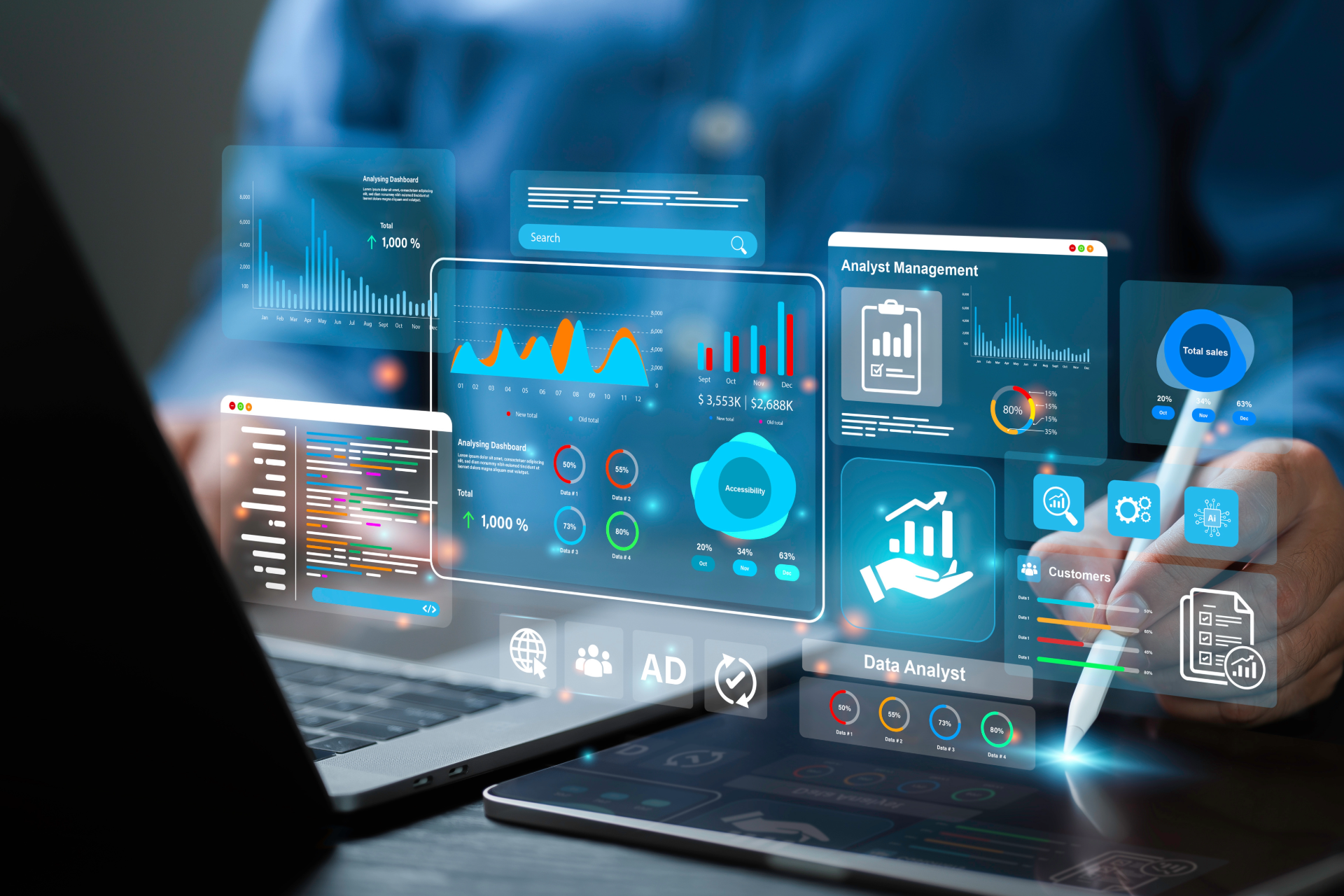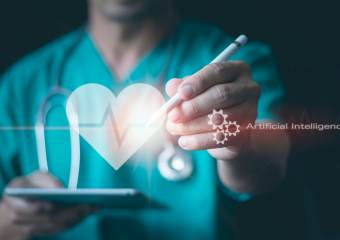AI-Driven Monitoring: Effortless, Real-Time Health Checks
AI-Driven Monitoring: Enhancing Real-Time Health Governance at Home
AI-driven monitoring systems are revolutionizing the landscape of home healthcare, turning ordinary homes into high-tech, real-time health governance sanctuaries. This innovative approach caters to a broad spectrum of needs, from chronic disease management to routine wellness routines, employing cutting-edge technology to provide unprecedented care and oversight.
Understanding AI-Driven Monitoring
At its core, AI-driven monitoring involves automated systems that utilize artificial intelligence to gather and analyze health data continuously. This type of smart healthcare tech is designed to keep tabs on vital signs, physical activity, medication adherence, and more, all from the comfort of one’s home. Sophisticated algorithms interpret this data, alerting healthcare providers and patients about potential health issues before they become critical.
The Impact of AI on Home Healthcare
The integration of AI technologies in home healthcare settings promises immense benefits. Firstly, it grants patients, especially the elderly and those with chronic conditions, the independence they desire while ensuring they are under vigilant supervision for any urgent medical attention they might require. Secondly, it minimizes the need for frequent hospital visits, thereby reducing healthcare costs and preventing hospital-acquired infections.
This modern approach to health governance also supports a broader shift towards preventive care. By monitoring trends and predicting possible health downturns, AI systems allow for early intervention, which can be crucial in preventing severe complications. Moreover, the automation feature in these AI systems ensures that data collection is continuous and error-free, enhancing the accuracy of health assessments.
Real-Time Alerts and Health Interventions
A standout feature of AI-driven monitoring systems is their ability to send real-time alerts to healthcare providers and patients if abnormal values are detected. For instance, if a patient’s heart rate or blood pressure deviates from their normal range, the system can immediately notify them and advise them to take specific actions, such as taking medication, resting, or contacting a doctor.
These alerts can be particularly life-saving in scenarios where rapid response is critical, such as during a fall, cardiac event, or sudden onset of stroke symptoms. This instant communication not only enhances patient safety but also bridges the gap between episodic healthcare and continuous, comprehensive health management.
Challenges and Considerations
While the promises of AI-driven monitoring are vast, there are several challenges and ethical considerations that must be addressed. Privacy concerns top this list, as the collection and analysis of sensitive health data can be susceptible to breaches. There must be robust cybersecurity measures in place to protect this data from unauthorized access.
Additionally, there is the matter of ensuring equity in access to this advanced technology. With its potential high cost, there’s a risk that only those who can afford these systems will benefit from them, potentially widening the health disparities gap. Thus, policy makers and healthcare providers must work together to create solutions that are accessible to all segments of the population.
The Futuristic Outlook of Home Health Monitoring
The future of AI-driven monitoring in home healthcare looks promising, with ongoing advancements in AI and machine learning models, further enhancing the accuracy and efficiency of these systems. Researchers are continuously working on ways to refine AI algorithms to better understand complex health patterns and cater to personalized medicine approaches. As technology evolves, these systems will only become more integrated into ordinary healthcare routines, making advanced care accessible right from our living rooms.
In conclusion, AI-driven monitoring is setting a new standard for real-time health governance at home. By empowering patients and healthcare providers with precise, real-time health data and insights, these systems are not only transforming individual health management but are also reshaping the entire healthcare landscape to be more proactive, personalized, and patient-centered.




